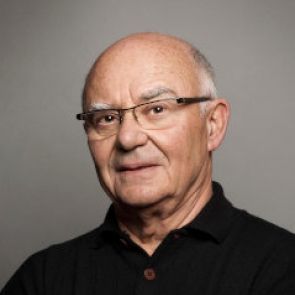
Psychologue et universitaire français, professeur de psychologie clinique et de psychopathologie à l’université d’Aix-Marseille, puis à l’université Lumière Lyon II où il fonda le CRPPC (Centre de recherche en psychopathologie et psychologie clinique), directeur de publication chez Dunod, il était aussi psychanalyste, participant aux activités du IV° Groupe.
Fondateur avec Didier Anzieu du CEFFRAP (Cercle d’études françaises pour la formation et la recherche) en 1962, il a développé des concepts originaux sur les processus psychiques observés dans les groupes, notamment l’appareil psychique groupal, les chaines associatives groupales, les alliances inconscientes, le complexe fraternel, la diffraction du transfert au sein des groupes. Il a aussi travaillé sur les processus psychiques inconscients à l’œuvre dans les institutions, notamment les institutions de soins et les aspects fantasmatiques de la formation.
René Kaës est aussi l’auteur de très nombreux ouvrages sur la théorie psychanalytique du groupe, depuis Crise, rupture et dépassement (coll.,1979), L’appareil psychique groupal (1976) jusqu’à Les alliances inconscientes (2009).
Passionné de formation et d’échange, c’était aussi un homme d’une grande bonté, plein d’humour, amical et accueillant.

 Psychologue, psychanalyste, formatrice en psychanalyse d’enfants et d’adolescents à la Guidance infantile Pierre Mâle et à l’hôpital Sainte-Anne, elle fut membre de la SPP depuis 1980. Titulaire formateur depuis 1989, elle y a exercé de nombreuses responsabilités, participant aux bureaux de M. Fain, A. Jeanneau et A. Green entre 1982 et 1988, et fut longtemps responsable du bulletin institutionnel de la SPP qui rassemblait la communication destinée aux membres.
Psychologue, psychanalyste, formatrice en psychanalyse d’enfants et d’adolescents à la Guidance infantile Pierre Mâle et à l’hôpital Sainte-Anne, elle fut membre de la SPP depuis 1980. Titulaire formateur depuis 1989, elle y a exercé de nombreuses responsabilités, participant aux bureaux de M. Fain, A. Jeanneau et A. Green entre 1982 et 1988, et fut longtemps responsable du bulletin institutionnel de la SPP qui rassemblait la communication destinée aux membres.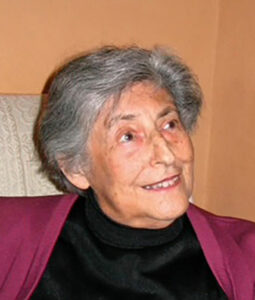
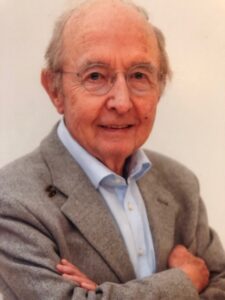 Avec la disparition de Jean-Michel Quinodoz, le 16 août 2025, à l’âge de 91 ans, la psychanalyse francophone perd l’un de ses représentants les plus éminents.
Avec la disparition de Jean-Michel Quinodoz, le 16 août 2025, à l’âge de 91 ans, la psychanalyse francophone perd l’un de ses représentants les plus éminents.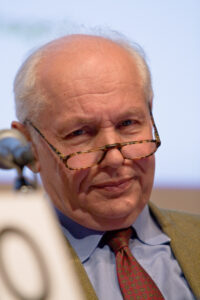
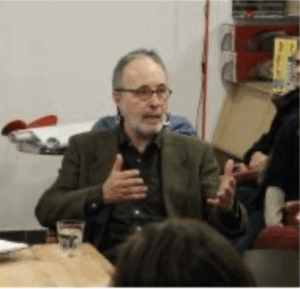 C’est avec une grande tristesse que nous apprenons le décès, le mardi 20 mai 2025, de notre collègue
C’est avec une grande tristesse que nous apprenons le décès, le mardi 20 mai 2025, de notre collègue 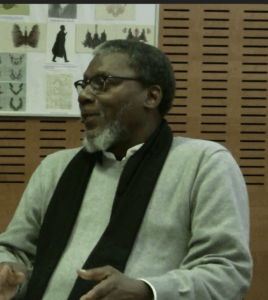 C’est avec une grande tristesse que nous vous annonçons le décès de notre collègue
C’est avec une grande tristesse que nous vous annonçons le décès de notre collègue 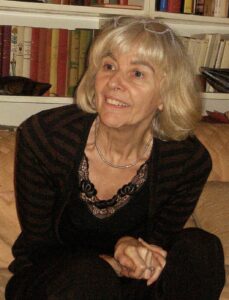 C’est avec une grande tristesse que nous vous annonçons le décès de notre collègue
C’est avec une grande tristesse que nous vous annonçons le décès de notre collègue